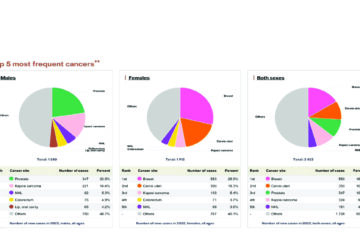Erasmus Shalihaxwe
The office of the President and the Ministry of Defence and Veteran Affairs have been warned against accepting military assistance from the United States to counter alleged jihadist groups near Namibia’s border with Angola.
Social commentator Ben Mulongeni urged President Netumbo Nandi-Ndaitwah and defence minister Frans Kapofi to be cautious, arguing that U.S. involvement often leads to destabilisation rather than peace.
Muloheni claimed that the U.S. has a track record of creating or supporting rebel groups in countries with valuable resources to secure access for its own interests.
His comments follow reports that Minister Kapofi recently met with US Africa Command (Africom) Lieutenant General John Brennan to discuss rising concerns about jihadist and drug cartel activity along the Namibian-Angolan border.
During the meeting, Brennan reportedly offered joint military training and support to help Namibia counter cross-border threats.
“So, we want to keep Namibia and Angola free of those threats, as well as to prepare them for any future threats through the training and exercise programme,” Brennan was quoted.
However, Mulongeni dismissed the claims of rebel activity, suggesting that if such groups exist, they may have been introduced by the U.S. itself.
“If there are jihadists at our borders, then they are planted there by the Americans. They are the ones funding and giving them ammunition to destabilise peace in our country. That is the American tactic. They have always done that in countries like Chile, Libya, Iraq, Afghanistan, and many more. They have always directly and indirectly assisted in the assassination of democratically elected leaders who are not following their policies,” he said.
He said Southern Africa remains one of the most peaceful regions in the world.
He added that any potential conflict would likely be the result of foreign interference, particularly by Western powers losing ground in West Africa.
“The President and minister Kapofi, who is a good friend of mine, should stay away from any American military help. Namibians in general should stand up against any American help. All they do is cause chaos to get to the minerals,” said Mulongeni.
Association of Local Interest (ASOLI) president Joseph Kauandenge also raised concerns.
He questioned how the U.S., located far from Namibia, could be the first to detect threats near the border.
“Firstly, it is fishy that the United States, so miles away, will be the first to pick up that there are Jihad groups and drug cartels operating around the Namibian borders. If this is proven to be correct, then we must ask hard questions as to whether our intelligence agencies are sleeping on duty or simply incompetent for failing to pick this up,” he said.
Kauandenge questioned the intentions of the U.S. and suggested that its interest may be focused on Namibia’s offshore oil discoveries.
“One finds it difficult to believe that the USA has the best interest of Namibians at heart. Surely their preoccupation is to make sure that they milk this country dry insofar as the oil discovery is concerned under the pretext that they are concerned about this Jihad group along the Namibian border. Their intentions cannot be taken at face value at all. We must be overly concerned about their true end game,” he said.
Africom is one of eleven unified combatant commands of the U.S. military, overseeing military operations and partnerships across Africa.




